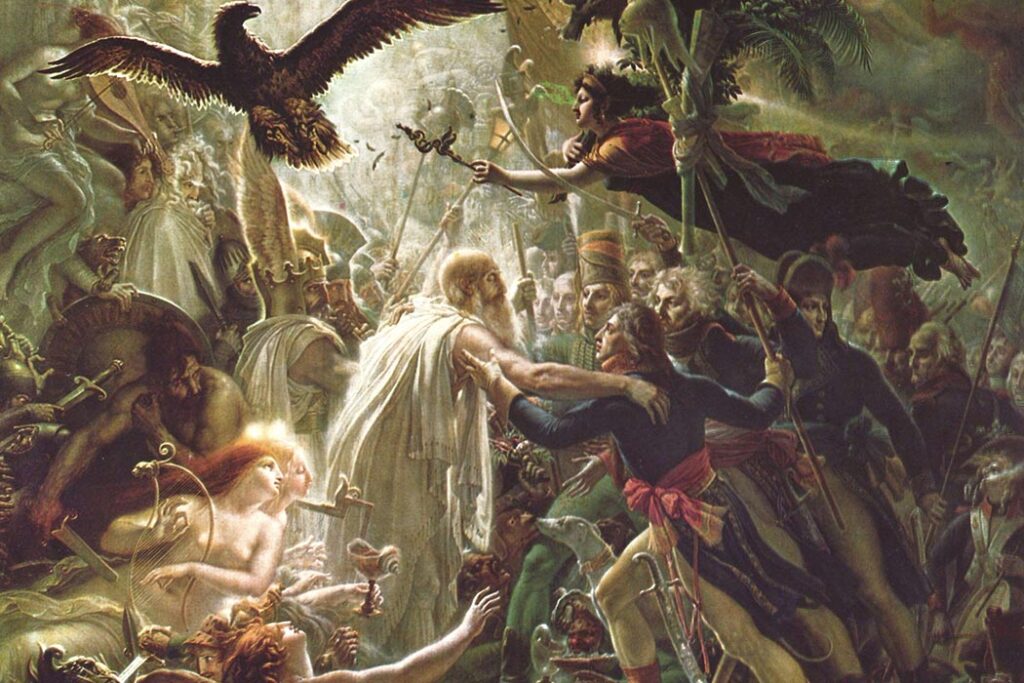
“War does not determine who is right – only who is left” Bertrand Russell
The Dissident Right’s analysis of the on-going war in Ukraine has revealed a significant number of intellectual and theoretical failings. It has been hampered by an inability to unmoor itself from a hyperpolarised, myopically partisan view of the world which is undergirded by misguided sentimentality. The question we should be asking now is not which side is the most moral in this conflict, but rather what will this war mean for Europe and Europeans? To answer that question, we require a realistic assessment of who we truly are. Those who lament the sight of brother fighting brother once again on European soil fundamentally misunderstand that conflict is the central dynamo of our people; as historian Niall Ferguson puts it, competition is one of the killer apps of Western civilisation. With this in mind, we must view this war not only as a crisis but an opportunity to remake Europe in our image.
Undoubtedly, for those affected by this ferocious conflagration it is a source of untold misery. It is understandable that nationalists and liberals alike should mourn the unwarranted casualties who are suffering through horrors of war the like of which have not been seen since dissolution of Yugoslavia. This sentiment is acutely felt by those invested in the preservation of the European people. At a time when we are so demographically imperilled, it seems suicidal madness for tens of thousands of the bravest and best of our people to be killed in a futile neo-imperial struggle. It is reasonable to feel that the Achilles’ heel of Europe has been our fractious, violently quarrelsome nature. It is reasonable to think this – but it is also wrong.
Seventy years of peace and hegemonic liberalism have done dramatically more damage to European demographics and culture than any previous war ever has. Some would contest this point immediately, arguing that Europe exhausted itself fighting two catastrophic World Wars which nearly destroyed not only the continent, but the entire planet. Yet it was not these wars which are themselves the cause of our ills, but the spiritual and psychological fallout in their aftermath. Our total loss of confidence prompted Europe to surrender its primacy on the world stage and to turn inwards, submitting itself to the strait jacket of governance by globalist institutions. The European martial spirit has largely laid dormant since then, and we have been decaying ever since. This is a wakeup call.
Just because the West has viewed war only as an instrument to be utilised when remaking unwilling third world countries in our ideological image, the rest of the world has not taken on that definition. Russia never transitioned from the old realities of geopolitics, its policy makers, many of whom were forged in the Soviet system, still view power as stemming from territory, natural resources, tanks, and missiles. While the Western political elite congratulates itself on the fact our soft power can raise the LGBTQ flag around the globe, Russia never updated its geopolitical calculus. A plethora of explanations have been offered for Russia’s invasion of Ukraine, but perhaps Occam’s Razor suits best when asking why Putin launched his unexpected gambit. Rightly or wrongly, Russia believed it could invade unchallenged and ultimately gain spoils in land, subjects, and plunder by doing so.
Whether or not this is actually true is another matter. It may well be the case that this has been a colossal miscalculation by Putin. While liberal comparisons between Hitler and Putin abound, one comparison that may ring true is just as Hitler remarked that he had only to kick in the door of the Soviet Union and the whole rotten structure would collapse, Putin may have reached a similar assessment of the West. In reality, the Russian state may have too few troops and too little political will to see this invasion through to the end. It is enticing for some to hope for a total Russian victory, not out of petty animosity towards Ukrainians but because Russia could represent a new traditionalist hegemonic force, an antidote to Western woke tyranny. This is a simplistic and naïve view – Russia is operating out of sheer national interest. Alexander Dugin is offering an honest assessment when he states that Eurasianism is not for export – it is naturally a geographically limited endeavour.
Indeed, it seems laughable to suggest that a nation which is struggling to project power a few hundred miles from its own border could be the next globe spanning superpower. Putin in the end may not be a conquering hero, but rather a kamikaze pilot crashing the Russian state into the aircraft carrier that is Western liberalism. Putin fancies himself as a modern Peter the Great, however if he mismanages this campaign, he may end with more in common with the doomed Tsar Nicholas II.
Much hay has been made by Twitter armchair generals and gleeful Western media outlets about supposed Russian military ineptitude. The true impact of this on the eventual outcome of the war is likely overstated, after all, war is a series of disasters that results in a winner. Clausewitizian principles have not gone away on the modern battlefield, and if anything, the unknowable variables that cause the friction of war have multiplied in the drone era. The problems of devising and executing new military doctrines in an untested full scale modern war environment most likely affect both sides equally. The Ukrainian military may be equipped with thousands of cutting-edge Javelin anti-tank weapons and Turkish drones, but it is also operating as many as 35,000 World War 1 era Maxim guns.
The question is not therefore if Russia is making mistakes on the ground, but how much capacity to absorb costly engagements it has. This is not the mass army of the Soviet Union, there is no endless supply of motivated human waves to throw at the enemy. Russia, just as the West, is a demographically depleted nation whose population at large has a limited willingness to fight. The deployment of Chechen fighters to the front outraged nationalists of all stripes, but there is undoubtedly an element of raw Machiavellian pragmatism in this decision. Russia has neither the raw numbers nor the political appetite to win this war with native troops alone. The same impetus that prompted Germany’s Bundeswehr to mull over recruiting Poles, Italians, and Romanians has factored into Russia’s military strategy. This is not the triumphant burst of vitality from a young upstart nation, but rather two decrepit and demographically disappearing states squabbling for scraps.
The defects of Russia’s military machine have been exposed for all to see, but in launching its unexpected assault, Russia has shone a searchlight on the laughable infirmity of Europe’s security apparatus. Germany’s notable handwringing and delay in sending so-called lethal aid to Ukraine is in part a result of the dire state of its own armed forces. Europe’s elite have been left red faced as NATO members bicker over the limited supply of materiel. Germany is scouring its museums for tanks and dispatching mouldy and inoperable boxes of missiles to Ukraine’s frontline. It has failed to deliver tanks promised to Poland. Dissent grows in the alliance as France seeks a negotiated settlement, while nations such as Croatia and Hungary are hedging their bets. A fifth of Ukrainian territory is now in Russian hands, and disunity amongst European states may allow Putin to snatch victory from the jaws of defeat.
Whether Putin succeeds in his bid to annex Eastern Ukraine and beyond will however not be the lasting legacy of this invasion. Whatever else Putin has done, he has thrown a brick through the glass house of European sloth and inaction. Just as Gavrilo Princip’s bullet ended the old order in Europe forever, once the first missile hit Kiev it detonated all the old assumptions and platitudes of our liberal elite. European policy makers and much of the public at large have believed that the borders of Europe which were drawn up in 1945 are immutable facts of life. The truth is nations are living entities maintained not by political abstractions, but by the blood and sweat of patriots on the battlefield. This has always been so, and this iron law of the nature never changed despite wishful liberal thinking. Putin has fanned the embers of the martial spirit in Europe once again. While much ham-fisted propaganda has been disseminated in Ukraine’s favour, it is undeniable that the average infantryman facing down Russian tanks doesn’t believe nationhood is a mere set of abstract theories. He is fighting for hearth and home in a pitiless existential battle. Putin has proven to a Europe subservient to foreign military powers that it cannot rely on them for its security. If European states wish to survive, they must now be defended by Europeans.
While Putin has dramatically exposed the laughably misguided assumptions at the heart of our collective defence, he also put paid to the lie diversity is our strength. The large contingent of Ukrainian citizens who felt themselves to be ethnically Russian have sabotaged their state from within. Minorities have been weaponised, and this model could be applied next to the Baltic states and beyond. This prompts uncomfortable questions when we brooch the topic of divided loyalties in a Europe that houses tens of millions of foreign born and ethnic minority citizens. Our multi-ethnic societies have never been tested by a true crisis, and conflict begets conflict, as old ethnic tensions stir again, with Bosnia being just one example.
It may be hard to imagine that war, destruction, and chaos could lead to anything good for the European people. And yet, the path we were treading was one of our self-extinction; of a slow and suffocating senility. We were heading quietly into night as a new and alien world rose around us. When our race is in the slaughterhouse, anything that disrupts the machinery is a necessity. Europeans have always fought and struggled and sacrificed. The story of Europe is the story of our Janus headed dialectic; pagan fought Christian, Catholic battled Protestant, Royal dynasty was pitted against Royal dynasty, great and terrible modern ideologies squared up against each other. It is this constant reinvention of our continent by these huge battles of ideas that has enabled Europe to be the engine of world history for nigh-on three millennia.
Tactical assessments are infamously difficult to get right – it is almost impossible to know if Putin will win or lose. War is not a zero-sum game and in the short to medium term it may be the case that both sides suffer. What we can predict with more certainty is that we have seen the high watermark of the liberal order. Reeling from their defeats in Afghanistan and Syria, the liberal warmongers and meddlers are now besieged in their heartland. The Asiatic battering ram is at the castle gates, and this chaos might just be the distraction required for the patriots to escape from the dungeons. We do not dream of a Europe under Russian dominion. Those in Eastern Europe who have experienced Russian rule would scarcely recommend it, and the fact that Russia must impose itself by force speaks to the lack of appeal of its system. We want a Europe ruled by Europeans, for Europeans. Our elites are driving us off a cliff, and now is the time for us to wrestle the wheel from them.
Above all, the current conflict has elevated the stakes of all politics. We have no time for frivolity in the face of direct and immediate danger. People across our continent are waking up to the uncomfortable reality that is not enough to simply believe in Europe; you must fight for it too. In the shockwave of economic and political turmoil to come, masses of disenfranchised and disillusioned Europeans will be looking for new political solutions. It is incumbent on us to be waiting in the wings, ready to offer our vision of the world and to shepherd our misled people back to greatness. War is a terrible thing, but to struggle is to live. There will be much more struggle to come, and we must be ready to make sure we are the victors of that struggle.
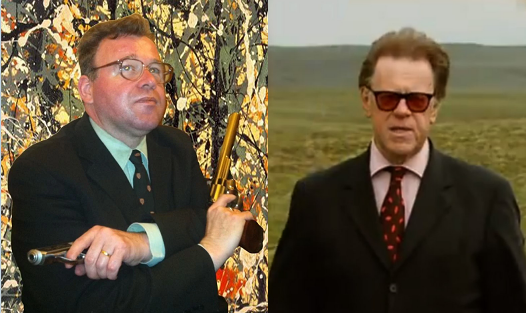
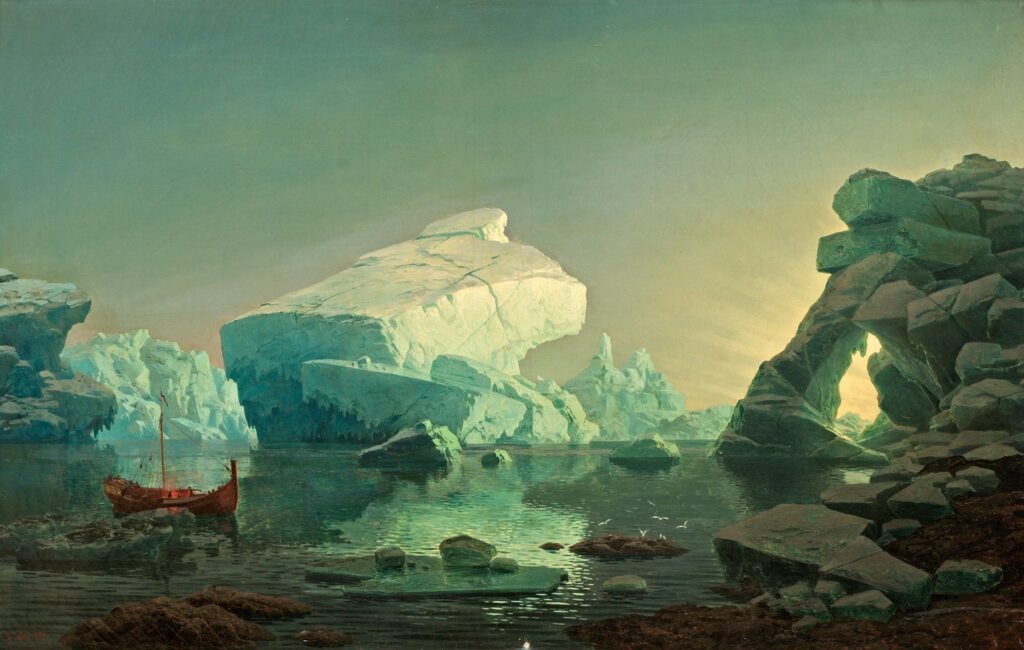


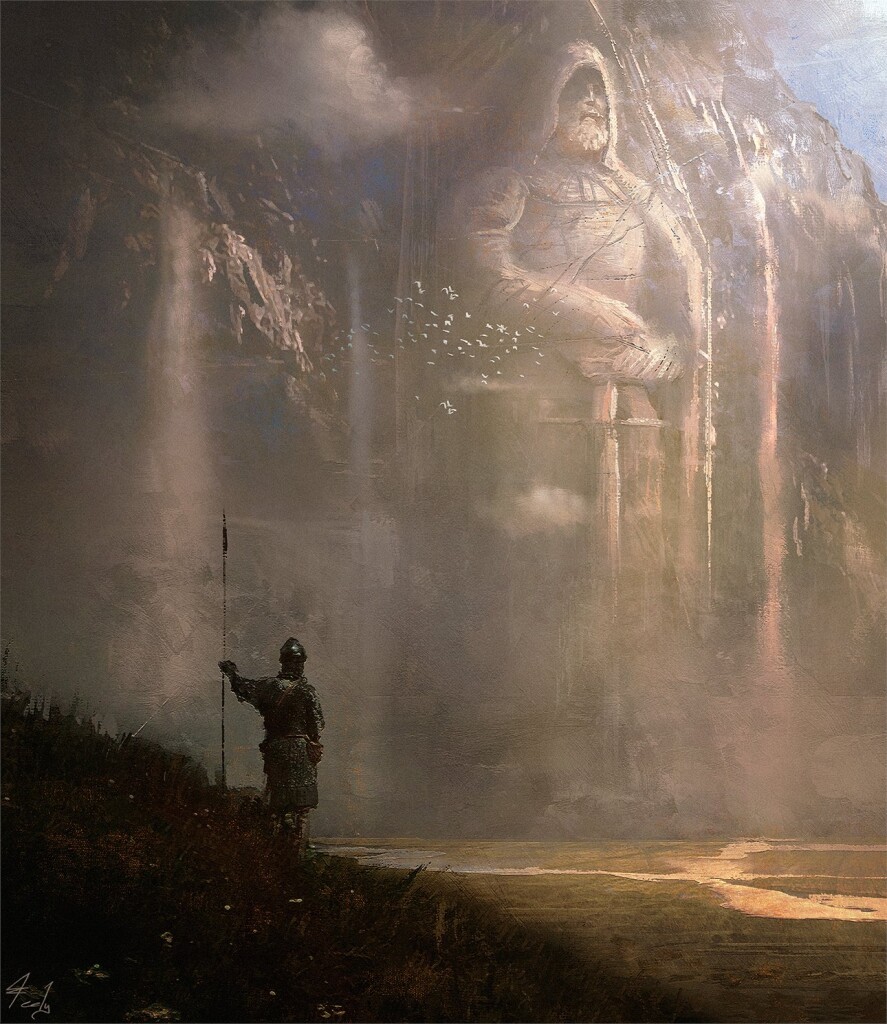
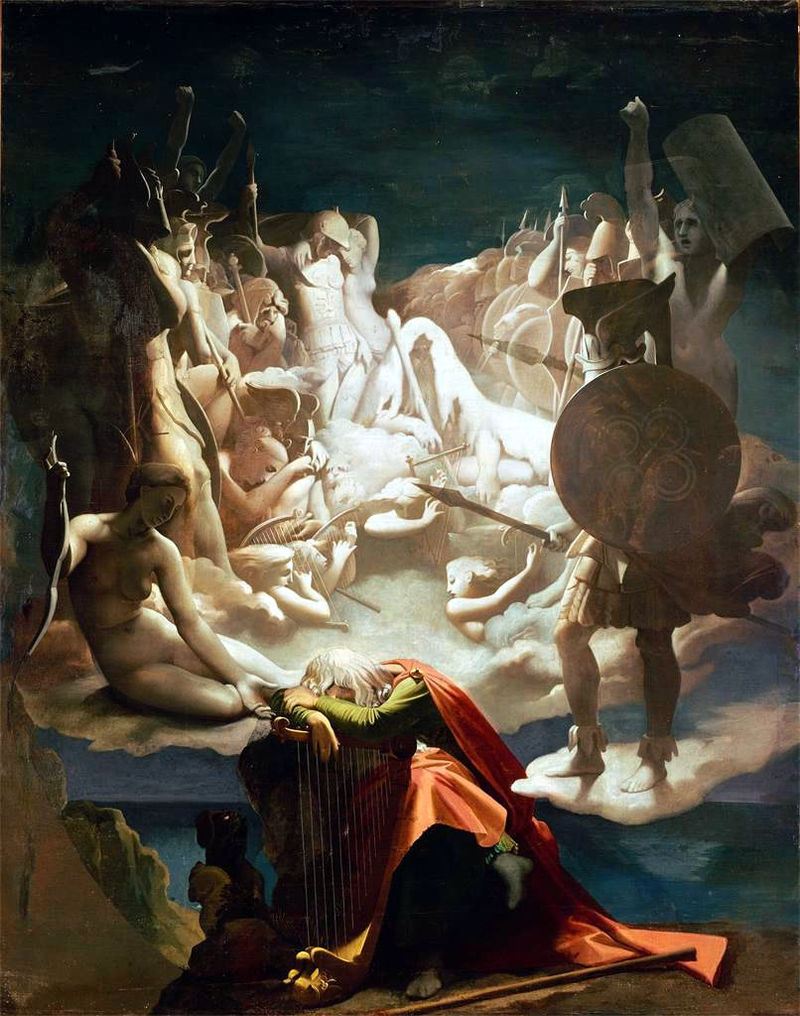


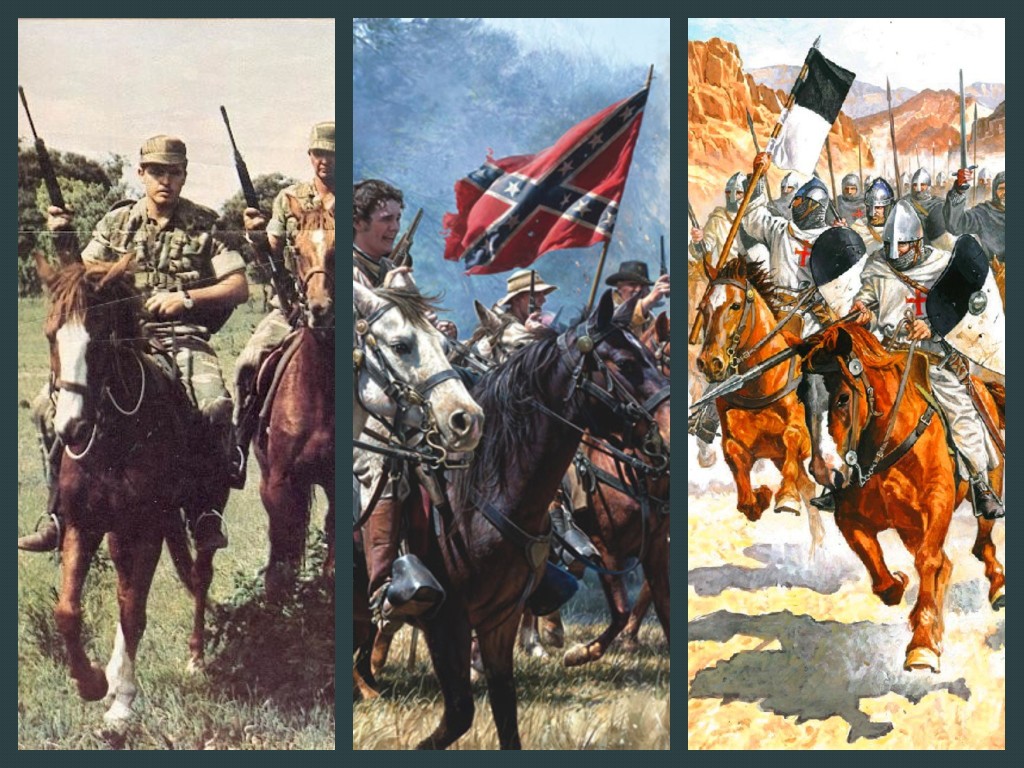
Recent Comments